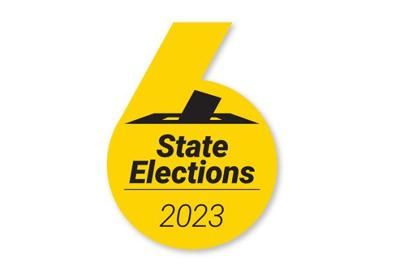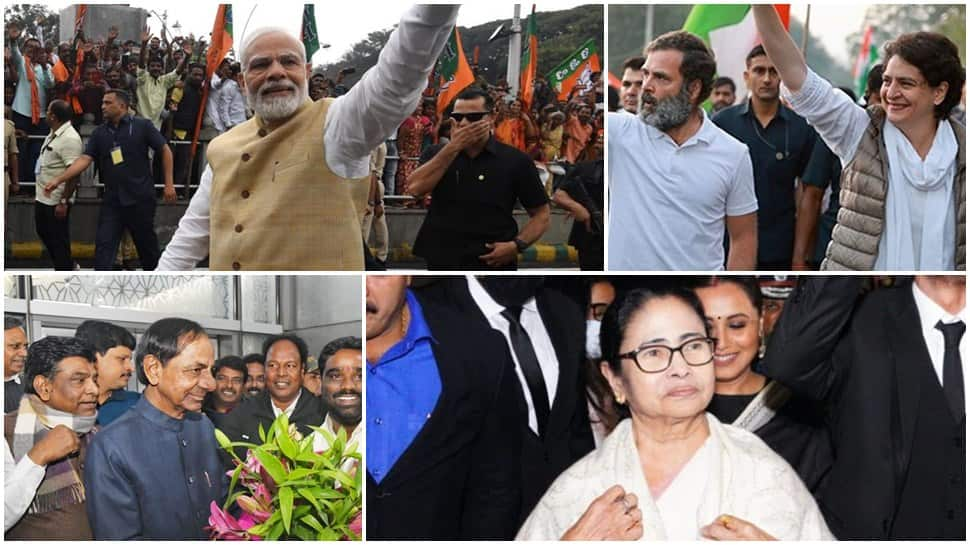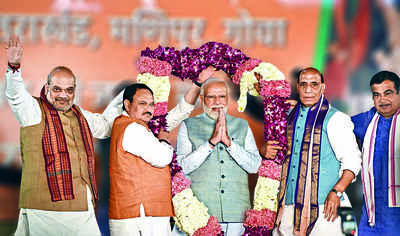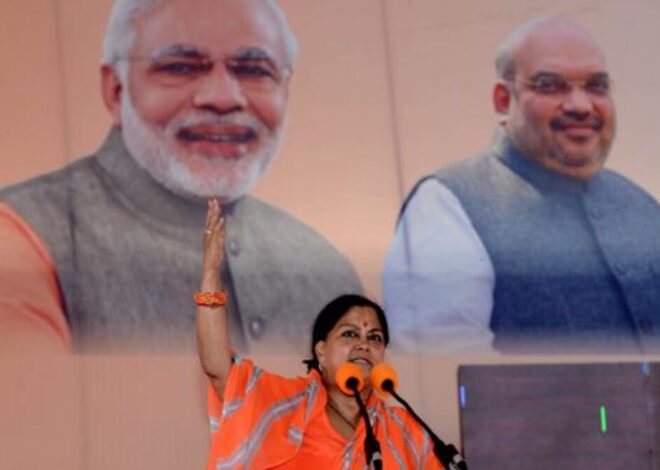
State Elections 2023-2024: A Period for Indian Democracy
In The state elections of 2023-2024 in India, India finds itself at a momentous crossroads in its political narrative. As the nation’s diverse states prepare for imminent electoral showdowns, a symphony of democratic voices readies to resonate. Beyond the borders of individual states, these elections weave the intricate tapestry of India’s democratic ethos, where every ballot cast threads the destiny of local administrations and weaves the fabric of national policies. Peering into this chapter, the spotlight shines on the pivotal actors, unveiling the significance of this electoral juncture, and painting a canvas of potential trajectories that could shape the nation’s course.

Read more.. The Upcoming Lok Sabha Elections In India 2023-2024
Read more.. A Glimpse Into The Anticipated State Assembly Elections In India 2023-2024
The Significance of State Elections
State elections in India carry significant weight owing to the intricate federal arrangement of the nation’s political framework. Through these elections, citizens exercise their right to choose representatives vested with the responsibility of tackling state-centric issues, encompassing domains as diverse as education, healthcare, infrastructure, and law enforcement. Additionally, the pivotal role played by state administrations in bringing national policies to life at the community level underscores their pivotal role in guaranteeing efficacious implementation and consequential outcomes.

Read more.. When is Janmashtami 2023 fix Date 7th or 8th
Read more.. Sultan Al Neyadi’s Return to Earth: A Historic Space Mission
Key Players in the Elections
During state elections, several key players come to the forefront:
1. Political Parties: National and local political organizations engage in a dynamic contest for influence during state elections, as prominent nationwide entities like the Indian National Congress (INC) and the Bharatiya Janata Party (BJP), alongside regional players such as the All India Trinamool Congress (AITC) and the Dravida Munnetra Kazhagam (DMK), strive to secure governance or expand their political presence.
2. Leadership: The charisma, credibility, and vision of leadership play a pivotal role. Chief Ministerial candidates often become the face of the election, and their popularity can significantly sway the electorate’s decision.
3. Voters: The electorate itself is a critical player. Voters exercise their democratic right to choose a government that aligns with their aspirations and concerns.
4. Media and Opinion Makers: Media platforms, journalists, and opinion makers influence public opinion and can shape the discourse around various issues, thereby affecting the election’s outcome.
Potential Outcomes and Implications
The outcomes of these state elections can have far-reaching consequences:
1. Shifts in Political Power: State elections can lead to shifts in political power, with ruling parties either retaining their positions or being replaced by new entrants. These shifts can reflect changing public sentiment and policy preferences.
2. National Political Landscape: The outcomes can impact the national political landscape as well. A change in the political composition of state governments can influence decisions in the upper house of the Indian Parliament (Rajya Sabha), which plays a vital role in legislative matters.
3. Policy Implementation: The alignment or discord between the central and state governments can affect the implementation of policies. Cooperative state governments can expedite policy execution, while confrontational dynamics might lead to delays.
4. Social and Economic Development: State governments have the authority to address regional issues directly. Thus, the election results can influence the pace and direction of social and economic development within the states.
Conclusion
The state elections of 2023-2024 in India represent a pivotal moment in the nation’s democratic journey. With multiple states going to the polls, citizens have the opportunity to shape their governance and choose leaders who will guide their states toward progress. These elections extend beyond regional boundaries, influencing the broader national political landscape and policy implementation. As citizens exercise their franchise, they contribute to the vibrant tapestry of Indian democracy, reminding the world of the strength of a nation governed by the will of its people.



